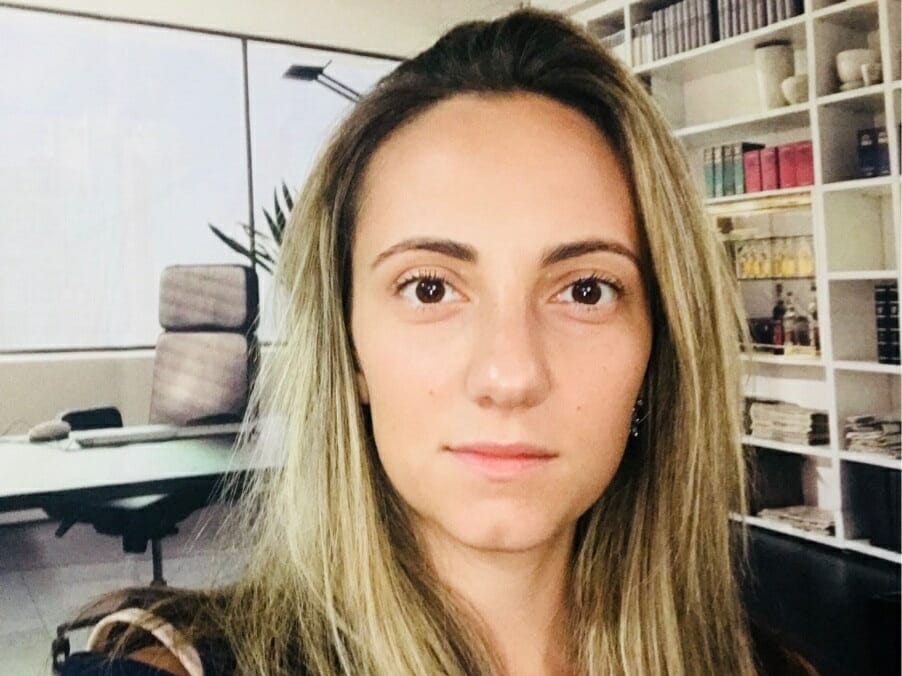DATAcated to telling stories with data | Runner | Mom of 2 | Data Visualization Specialist | DATAcated.com | Host of the DATAcated Conference
DATAcated to helping companies reach their audience. LinkedIn content strategy for companies focused on innovation in artificial intelligence (AI), machine learning (ML), and data science | LinkedIn Top Voice in Data Science & Analytics (2018 & 2019).
Founder of the DATAcated Academy – focused on delivering training on data visualization best practices (product agnostic) – more information here: https://datacatedacademy.com/ – Visual Best Practices Course. DATA to DASHBOARD –
Currently building over a dozen Data to Dashboard courses and is also the host of the DATAcated Conference.
What attracted you to data management or IT, and why did you choose to pursue this career?
I decided to pursue a career in data because of a passion to organize messy data into something that can be easily understood and drives action/ decisions. Another reason for the passion for this space is that it allows me to work across industries; as the skills and challenges are similar.
What has been your greatest career accomplishment so far, and why has it been important to your career?
The first DATAcated Conference was the greatest career accomplishment for me because I was able to bring together tens of thousands of individuals in the data community together to learn from the absolute best data practitioners.
What are the two or three biggest challenges you face as a data management professional / CDO and how can we address them?
One of the challenges faced in data management is the idea of ‘ownership’. Who actually owns the data? Lack of clear ownership leads to issues with data quality (as the ownership is typically fragmented) and is driven by multiple stakeholders. Establishing clear data governance policies & procedures that outline data ownership roles can aid with this challenge.
A challenge faced by CDO’s is trying to align their objectives with those of the business. The data strategy needs to clearly align with business objectives while simultaneously keeping data quality in check. To overcome this challenge, CDO’s need to build proper relationships with key stakeholders and increase their understanding of the business priorities. You can’t simply tell the business leaders that you need to ‘fix data quality issues’ you have to translate that requirement into a concrete business priority that better data quality will support.
How do you see data management / the role of the CDO / IT changing in the next 2 – 3 years?
As with other C-suite roles, I believe the chief data officer role will evolve to include a more consistent/ standard list of responsibilities. The role of the CDO is to ensure there are proper principles/ practices in place for effective data management and use. It is about connecting the technology, culture, tools, and practices together to drive business value.
Do you have any planned next steps for your career?
I plan to help connect the data community as much as possible via the virtual DATAcated Conferences, LinkedIn live events, and other methods.
What is the single best piece of advice you have received in your data management / IT career so far? Why has it been so important to you?
The best advice I received was to find something you genuinely ENJOY working on that enables you to move forward with passion and interest for those times when things get complicated or when you feel unmotivated to work.
Can you share something about yourself as a person that people wouldn’t know about you?
I was born in Tajikistan and did not officially start any form of ‘school’ until I arrived in the United States at age 9 (4th grade). I also completed my 4-year bachelor’s degree in 3 years.







